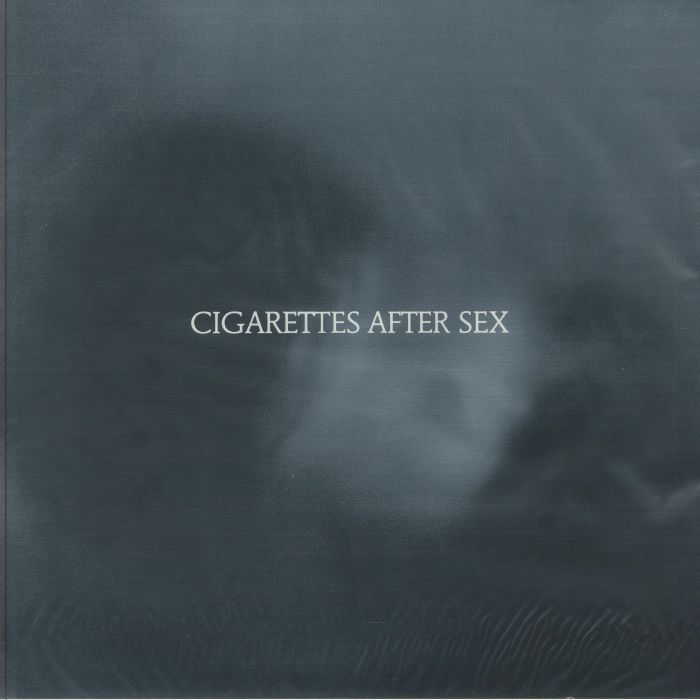The music industry must evolve if its artists are to remain Britain’s proudest export
- hamishmonk1
- Sep 6, 2024
- 4 min read

Despite a smattering of promising stats, UK Music’s This Is Music Creators’ Survey of 2023 painted a bleak picture of Britain’s post-Brexit music industry. Of the respondents impacted by the UK’s dislocation from the European Union (EU), 82% said their earnings had considerably decreased. The prospect of this improving any time soon was recently dashed when the EU formerly ruled out Labour's request to loosen post-Brexit curbs on touring musicians.
Guaranteeing the overall health of our music scene – that most sacred of British exports – is an overwhelmingly important mission. In 2022, the industry’s contribution to the UK economy was almost £7 billion. In the same year, it was employing a quarter of a million people. With UK Music’s 2024 survey due this autumn, is it time to examine the issues that remain and consider how each may be addressed. As ever, we must tend to the grassroots pipeline: a reliable bellwether for the long-term health of the industry-at-large.
For emerging artists, the UK’s music scene is increasingly becoming a game of pay-to-play. Put differently, music is no longer the great class leveller it once was; the acts that tend to break through, are those benefitting from a great bulge of capital in their purses. This is because unbelievable amounts of funds are now needed to rehearse, record, create music videos and artwork, advertise – and, sometimes, even gig. As such, it is typically the acts from wealthy backgrounds that accumulate the noise which radio stations and labels seek out. According to Arts Hub, only 8% of UK artists come from a working class background. This kind of skew is deeply frowned upon in other sectors.
Evidently, funding must be broadened. In 2021/22, Arts Council England (ACE) received £943 million from the government, though much of the cash was sucked up by the capital. If arts access for all is to be boosted, more support must be distributed up north. This fact was acknowledged by the Northern Music Awards winners in April 2024, who called for more support for the region’s emerging talent.
The pay-to-play point extends to the world of plugging. Much like the underhanded business of lobbying in politics, a handful of powerful individuals in the industry – known as pluggers – ask for cash (sometimes thousands) from artists to pass a single track to a national disc jockey. Not only does that price not even guarantee the ticket (in this case a spin), the entire mechanism once again violates fair representation in music. Afterall, an artist which cannot stump up this cash is less likely to receive national airtime than one that can. This is as bad for stations as it is for artists, since their view of the unsigned world is saddled with the finest of apertures. Station bosses must move to close down their relationships with pluggers, and instead encourage production assistants – much like investigative hacks at publications – to go into the field and do their own fishing.
Another means to break through and earn a living from music in the UK is via London’s gig circuit. This is ground my own band often pounded and threw up a lot of dust in the process. The challenge here is that the doors of many venues are closely guarded by promoters, who ask bands to sign crippling contracts in return for access to the stage. Many take such a large bite from the door money (having done insufficient promotion to justify the act anyway) that artists leave with a value that would not even amount to minimum wage. Needless to say, this is deemed illegal in any other line of work and demands immediate regulation. Music must pay.
It would be remiss to pass by the topic of venues without stressing the need to preserve them. The pandemic, the cost of living crisis, rent hikes, and soaring utility bills ravaged our live scene. According to the Greater London Authority, 125 independent music venues in the UK closed or stopped hosting live music in 2023, including around half of the 960 grassroots music venues in 2022. Of the remaining venues, 38% reported a loss in 2023, and the surviving 835 venues typically only secured profits of 0.5%. Venue networks are the circulatory system of our music industry, and must remain in good colour. The scene should be revitalised by subsidising culturally significant spots, and incentivising punters to return to the pavements.
The other unseemly demand, or barrier, on grassroots artists is that they must go beyond their crafts and master content creation, artwork design, marketing, and more. The issue here is that the acts which do excel in these extracurricular areas – particularly social media – inevitably struggle with the performance aspect once they hit the big stages. PinkPantheress attests to this industrial incongruence on the Louis Theroux podcast. It is plain to see which acts have done their time on the small-venue circuit once they hit and dominate the bigger stages. Labels should jettison the idea that for artists to be a worthy investment, they must wield a sizable social media footprint. It is unworkable in the long run and mentally affecting for the artist.
Like many of our other exports in the post-Brexit world, culture and the arts are dwindling. If the UK is to retain its crown as one of the finest producers of music talent in the world, investment – not austerity – is the long-term solution. We take it for granted at our peril.



Comments